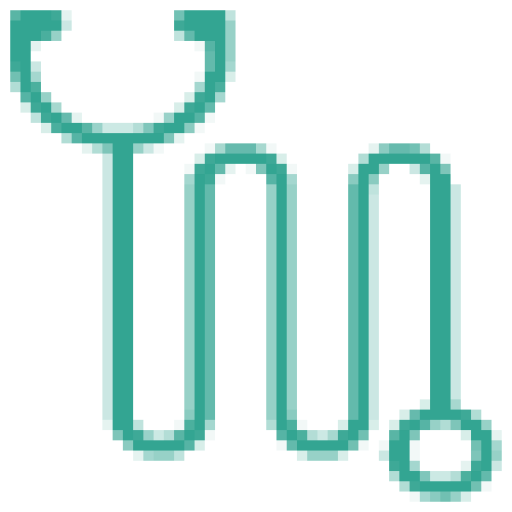The Joint Postgraduate Programme of Studies “History of Medicine and Biological Anthropology: Health, Disease and Natural Selection” was designed during the academic years 2015-2016 and 2016-2017 by the Faculty members of the History of Medicine, Department of Medicine AUTh and the Anthropology Laboratory, Department of History and Ethnology DPTh. It has a duration of 3 semesters, is credited with 90 ECTS and includes the following two academic subjects/specializations:
- History of Medicine
- Biological Anthropology
The subject of the Programme is the study of the evolution of Medicine and its inclusion in a wider social and cultural context. Determinants of health and disease are revealed through social and scientific research in both epidemic and chronic diseases. It clarifies how the study of history can aid in a sophisticated understanding of a wide range of questions and dilemmas in modern medicine. Medical texts from primary sources are studied and their peculiarities are identified. Aspects of biological anthropology are developed that relate to the reconstruction of the history of geography and the evolution of disease through the lens of human evolution while analyzing the impact of disease on human development, the interaction between disease and socio-cultural practices as well as the adaptability of populations to new environments. Human skeletal remains of mainly archaeological origin are studied. Of particular interest are comparisons of disease prevalence between ancient and modern populations. The fields of the history of human health sciences are covered (ancient medicine, medical specialties, epidemiology, pharmacology and paleopharmacology, modern Greek medicine, the practice of medicine in relation to gender and gender equality, etc.) and the fields of biological anthropology (human evolution, osteology, palaeopathology, palaeonutrition, palaeogenetics and palaeodemography) as well as the innovative techniques of their study such as ancient DNA, stable isotopes, microscopy and geometric morphometry.
Objectives of the Postgraduate Programme “History of Medicine and Biological Anthropology: Health, Disease and Natural Selection” are:
- The provision of education and specialized knowledge of basic issues in human history with an interdisciplinary approach, as appropriate to the subject: doctors, historians, historians of medicine, archaeologists, anthropologists, demographers, biologists collaborate.
- The specialization of students in the history of medicine or in biological anthropology, acquiring skills and experiences, with the ultimate goal of providing high quality research, professional and generally scientific work.
- The development of critical and research skills by students, required for doctoral level studies.
- The familiarization of young scientists with the modern trends of interdisciplinary historical and anthropological research and informing them about the international developments in this scientific area. The immense need for interdisciplinary approaches in the study of modern and past populations makes it crucial to have relevant specialized knowledge of Greek physicians, historical biological anthropologists and bioarchaeologists in the said research field.
The academic programme starts in October of each academic year and ends in June of the following year. During the last two weeks of the 1st and 2nd semesters, the exams of the corresponding courses of the study programme are conducted. Diploma theses are prepared during the 3rd semester, from the middle of September until the last ten days of January.
The number of admissions per year is limited to a maximum of forty (40) postgraduate students. 20 positions are announced for the specialization “History of Medicine”. 20 positions are announced for the specialization “Biological Anthropology”. The Programme cannot operate with less than six (6) postgraduate students.
The duration of study at the Programme which leads to the receipt of the Graduate Diploma (M.D.E.) is defined in three (3) semesters, which also includes the time for the preparation and assessment of the postgraduate diploma thesis. The maximum time allowed to complete the studies is set at six semesters.
A total of two thousand four hundred euros (€2,400) in tuition fees are paid for studying in the Programme. Tuition fees are paid in two equal installments, the first upon registration and the second before the start of the 2nd semester.



